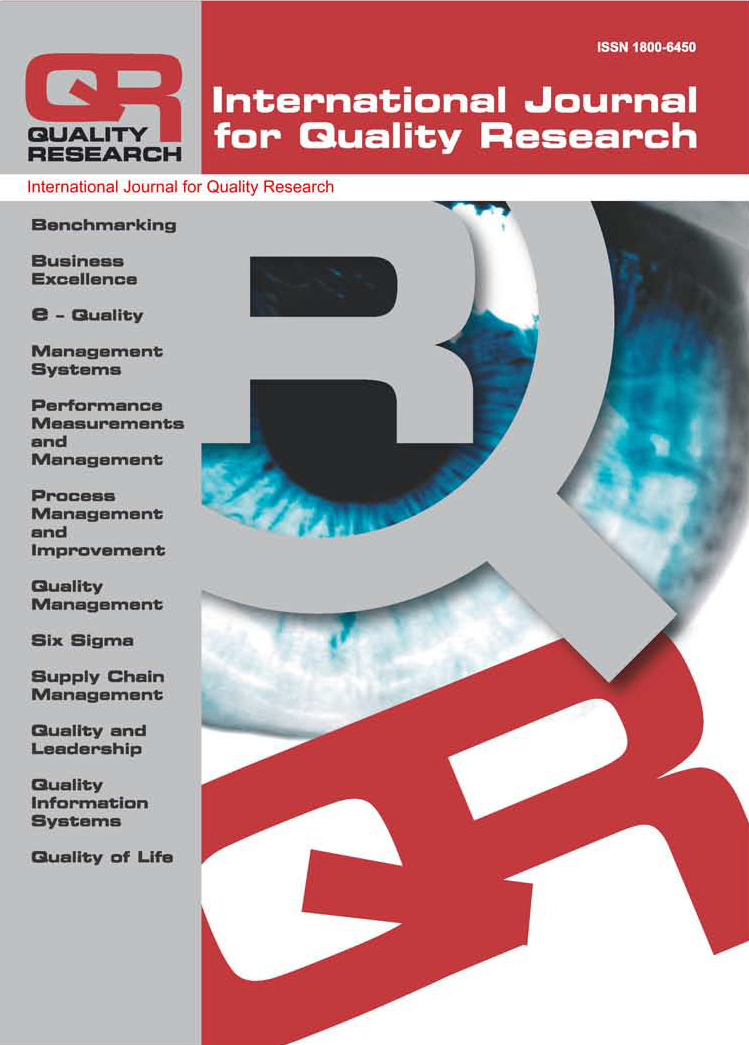BONUS FOR QUALITY OF PRODUCTS AND SERVICES IN THE TQM CONCEPT. THE PROBLEMS OF REALITY AND JUSTICE
Marek Bugdol, Piotr Jedynak
Abstract: The article discusses the importance of remuneration systems in organizations using Total Quality Management (TQM) and presents the current state of knowledge regarding the role of remuneration systems in quality improvement. The main objective of this paper is to determine the role played by (rarely researched) bonus systems in the process of motivating employees to improve product and service quality. Firstly, the authors indicate to what extent quality criteria are included in the designing of remuneration systems. Secondly, they provide employee feedback on how motivating their pay systems are. Thirdly, they determine to what extent different pay solutions are assessed as fair. Findings: decisions on bonus granting are based on not only objective product/service quality criteria but also opinions such as assessments made by superiors and criteria such as zero work-related accidents, zero sickness absences, or customer satisfaction levels. Thus, it is difficult to assume that bonus granting criteria are completely fair. The conducted analysis shows that a considerable group of the respondents consider bonus awarding as a source of perceived injustice. The most important factors influencing employee motivation include commendations from superiors (in service enterprises) and the possibility of self-control in production enterprises. Contributions: the conducted research extends the knowledge of the role of bonus systems in processes aimed at improving the quality of services and products.
Keywords: TQM; Bonus; Motivation; Justice
DOI: 10.24874/IJQR14.03-05
Recieved: 18.11.2019 Accepted: 24.02.2020 UDC: 005.6
Reads: 1560 







